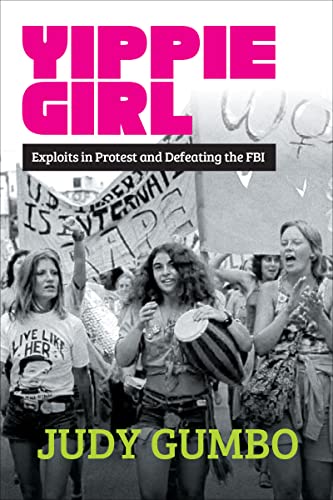
Unless you’re old enough to remember the Black Panther Party, the Weather Underground, and the Yippies, you can’t imagine the sheer sense of unlimited possibility felt by many young Americans in the closing years of the 1960s and the beginning of the 70s. For hundreds of thousands, maybe millions, the Revolution seemed just around the corner. And there is no better guide to the mood and tumult of the counterculture revolution of that time than Judy Gumbo’s memoir, Yippie Girl. In an often amusing account of her years as a would-be revolutionary, she opens a window on a time that has passed into legend.
An “original Yippie” who was in the center of things
Gumbo was an “original Yippie,” a leading member of the Youth International Party, that group of young counterculture revolutionaries most commonly associated with Abbie Hoffman and Jerry Rubin. Together with her partner and later husband, Stew Albert, she was deeply involved in such pivotal events as the protests in Chicago at the 1968 Democratic Convention, where the Yippies ran a pig for President in the face of a police riot. She was also a central player in the Yippie alliance with the Black Panther Party—and believed by the FBI to be involved with the violence-prone Weather Underground as well. (She was not.) Later, Gumbo became an outspoken campaigner for women’s equality, often clashing with the men who were invariably identified as the Yippie movement’s leaders.
Yippie Girl: Exploits in Protest and Defeating the FBI by Judy Gumbo (2022) 414 pages ★★★★★
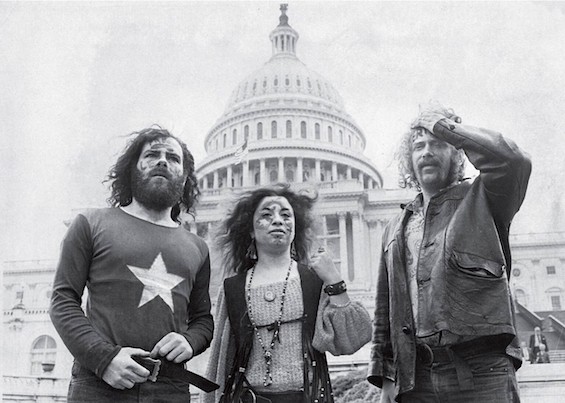
Cringeworthy revelations and quotes from her FBI file
Gumbo’s recollection of her experiences more than a half-century ago is astonishing. Either she was working from a remarkably detailed diary or she has a prodigious memory that would be a marvel in anyone in her late 70s. And her memoir includes a full complement of cringeworthy revelations, in the confessional spirit of tell-all books.
However, Gumbo is able to quote at length and verbatim from her FBI file. The book’s subtitle is Exploits in Protest and Defeating the FBI, and it delivers on the promise. Passages from the file appear throughout the book and reveal the depths to which the agency stooped in its illegal COINTELPRO program. They also show the Bureau’s cluelessness about the intentions of the people they surveilled at such obviously great cost. Through COINTELPRO, the FBI aimed at surveilling, infiltrating, discrediting, and disrupting domestic American political organizations, most prominently anti-Vietnam War protestors, feminists, civil rights and Black Power groups, environmentalists, and counterculture revolutionaries who violated their sense of propriety. The program ended only when Congress forced a stop to it in 1976, four years after the death of its architect, J. Edgar Hoover.
An ally’s look at the Black Panther Party
Some of the most eye-opening passages in the book are those describing Gumbo’s relationship with Black Panther Party leaders Eldridge and Kathleen Cleaver and Bobby Seale. Gumbo’s partner, Stew Albert, was especially close with Eldridge, and over the years they met frequently as friends. Through their conversations, and Gumbo’s participation in Black Panther study groups, we gain a balanced view of the Party. She upends the widespread impression that its members were thugs intent on violence against White people. In fact, the Panthers were alone among Black Power groups in actively seeking an alliance with radical White groups such as the Yippies. And their extensive social service programs in African-American communities, especially their iconic Free Breakfasts for Children, established the Party as an effective social change agent.
Most of the principals in Gumbo’s story have long since passed into history. Abbie Hoffman, Jerry Rubin, Stew Albert, Eldridge Cleaver, Tom Hayden, William Kunstler, all dead. Gumbo writes lucidly and knowledgeably about them all. The courageous and often foolish young woman who tells their stories half a century later has made a significant contribution to our understanding of their time—and hers—in the spotlight.
About the author
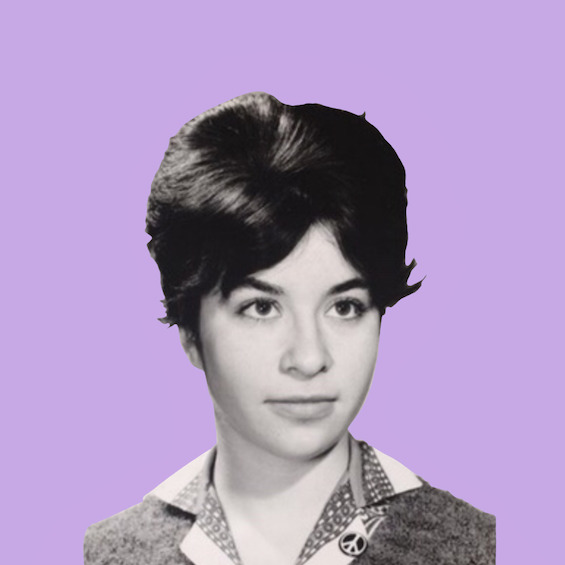
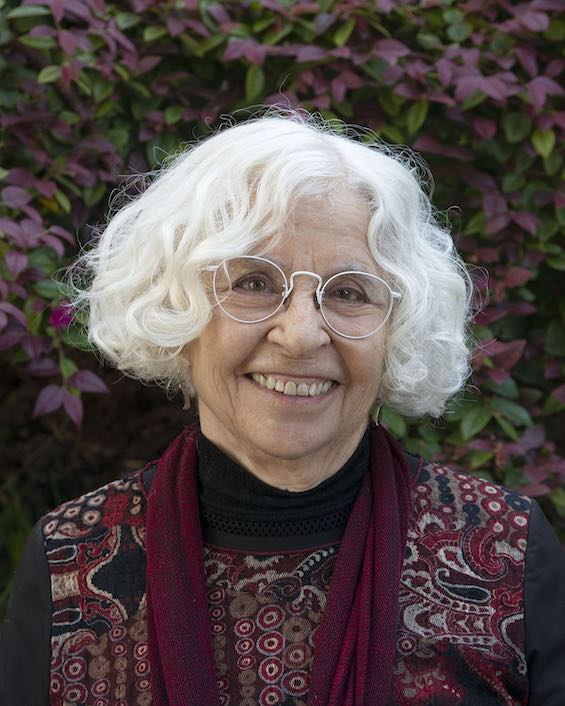
Judy Gumbo emigrated from Canada in the final stages of completing her PhD in Sociology at the University of Toronto. She made her way to Berkeley in 1967 and in short order joined the small group of left-wing activists who called themselves Yippies. She partnered with and later married Stew Albert, another original member of the group. They were together for nearly 40 years, minus a couple when they weren’t speaking. Gumbo was born in 1943 in Toronto, Canada, and raised by her Communist parents. (She was what used to be called a “Red Diaper Baby.”) Today Gumbo lives in Berkeley with her fourth husband.
For more reading
For different perspectives on Berkeley and the counterculture revolution during the same period, see:
- Season of the Witch: Enchantment, Terror, and Deliverance in the City of Love by David Talbot (From the Summer of Love to the Jonestown massacre)
- Black Against Empire: The History and Politics of the Black Panther Party by Joshua Bloom and Waldo E. Martin III (Berkeley in 1969: Black Panthers, the FBI, and the Vietnam War)
- Subversives: The FBI’s War on Student Radicals, and Reagan’s Rise to Power by Seth Rosenfeld (J. Edgar Hoover, Ronald Reagan, and the violence in 1960s Berkeley)
- All Our Yesterdays, by Erik Tarloff (Sex drugs revolution: Berkeley in the 70s)
For other people-centered stories set in the past, see:
- Two dozen excellent memoirs reviewed here
- Great biographies I’ve reviewed: my 10 favorites
- Good books by Berkeley writers reviewed on this site
And you can always find my most popular reviews, and the most recent ones, plus a guide to this whole site, on the Home Page.

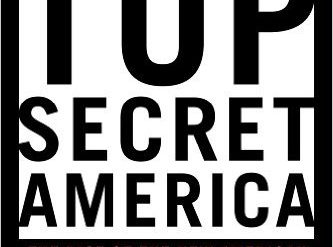

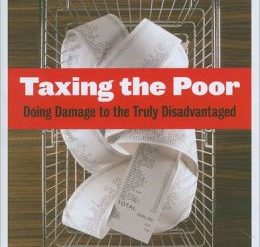
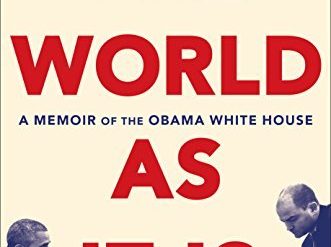





















Thanks for this review – now on my “to read list”. ‘Witness to the Revolution” by Clara Bingham is another excellent book on this era, covering the violent 1969-70 period through interviews with all the major figures of the time.
Thanks for the tip. And thank you for writing.
mal